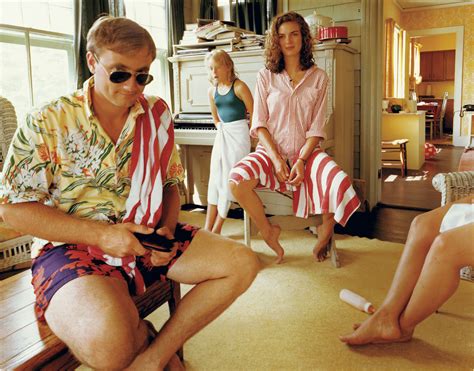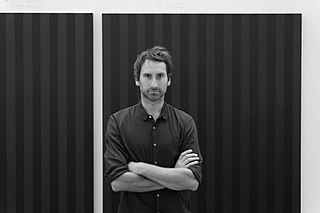A Quote by Roland Barthes
When we look at a photograph of ourselves or of others, we are really looking at the return of the dead.
Related Quotes
The model is just one element of the photograph. There's also the location, the light - all that junk. It helps if the girl is really good-looking, but a girl can be not super good-looking and it'd still be a really good photograph. I ask people to send some photos of where they live if that's where I'm shooting. I go for shabby places over too-nice places, because most of these girls are going to look better if they're not made to look rich.
I try to express with the camera what the story is, to get to the heart of the story with picture. In battle I look at things first in terms of people, second in terms of strategies or casualties... To tell a story, you don't photograph one hundred dead civilians to prove there were one hundred dead civilians. You photograph one dead civilian with an expression on his face that says, This is what it's like if you're a dead civilian in Vietnam.
The remarkable thing is that we really love our neighbor as ourselves: we do unto others as we do unto ourselves. We hate others when we hate ourselves. We are tolerant toward others when we tolerate ourselves. We forgive others when we forgive ourselves. We are prone to sacrifice others when we are ready to sacrifice ourselves.
Social media's currency is the single photograph. Whereas, every time I look at a photograph, I look at twenty or thirty photographs. I'm looking for a narrative. And that's a different kind of construct. If you're a poet and you put a line from your poem online, "The trees bending over gracefully," or something, you can get a tick. But that has nothing to do with your longer poem.
Most readers look at the photograph first. If you put it in the middle of the page, the reader will start by looking in the middle. Then her eye must go up to read the headline; this doesn't work, because people have a habit of scanning downwards. However, suppose a few readers do read the headline after seeing the photograph below it. After that, you require them to jump down past the photograph which they have already seen. Not bloody likely.



































